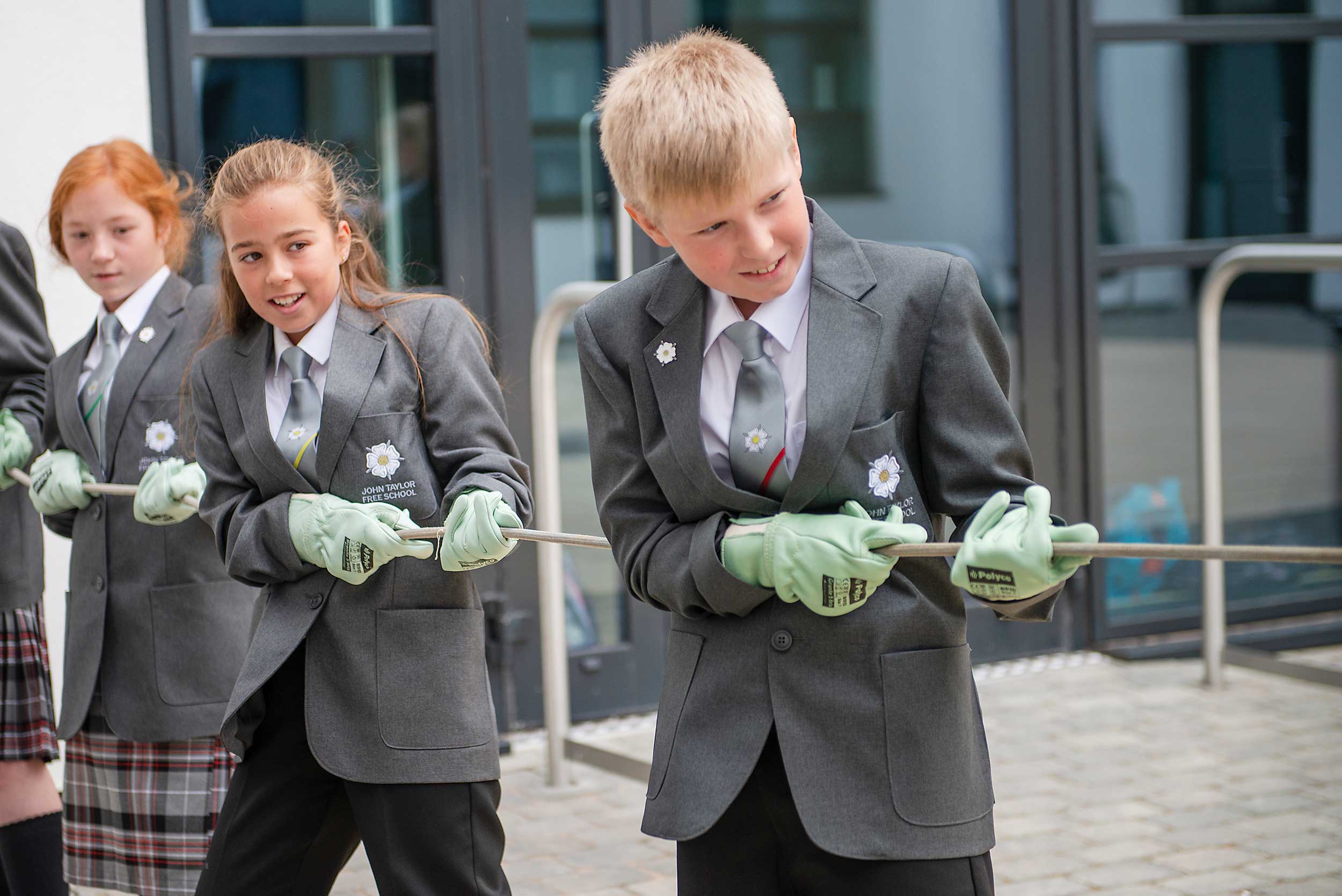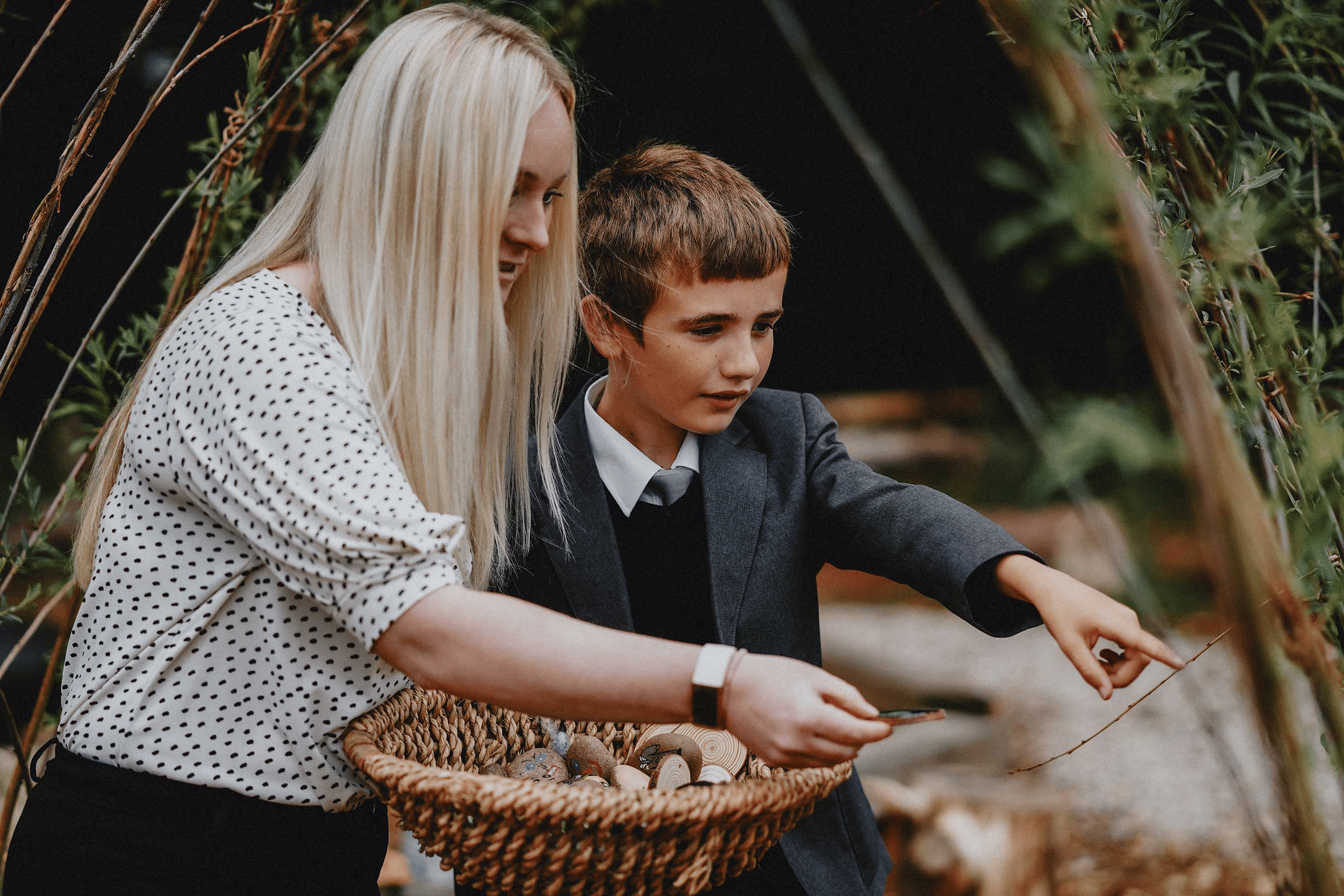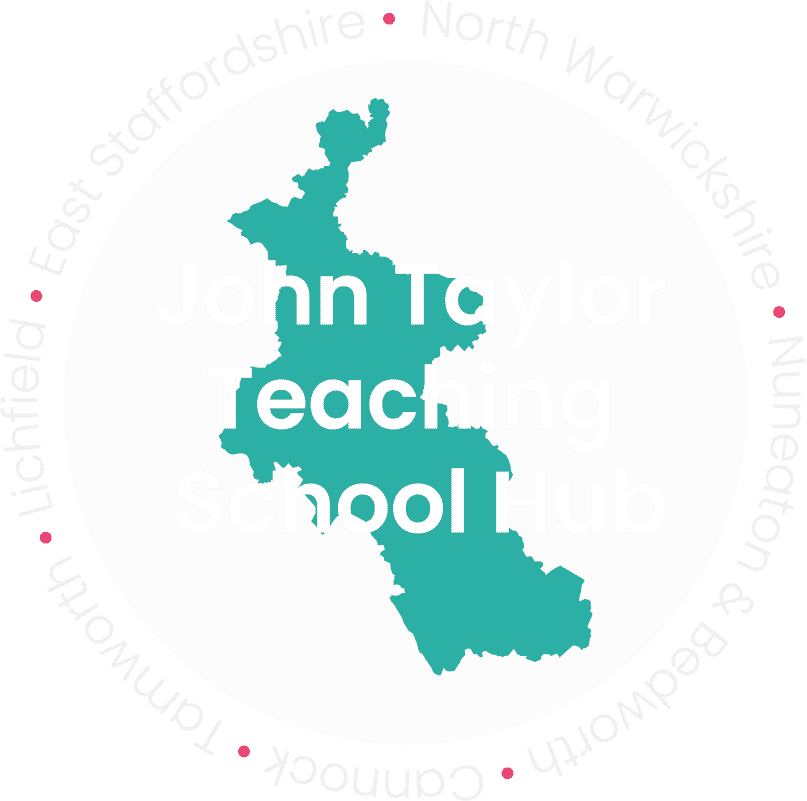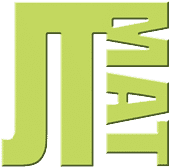Parent Information
Safeguarding
Safeguarding is everyone's responsibility
We keep the child in focus at all times. We never judge, but we keep an open mind, knowing that ‘it could happen here’.
We take our responsibilities regarding welfare concerns seriously and encourage our students to talk openly about any worries they may have.
The Safeguarding Team

Miss O’Mara
Designated Safeguarding Lead (DSL)

Mrs Burton

Miss Duckett

Miss Hassell
Deputy Designated Safeguarding Leads (DDSLs)
The link Governor is Mrs Tate.
Reporting System
Should a member of staff be concerned relating to a specific child or incident, they will complete a record on an online portal: MyConcern. This is immediately highlighted to the safeguarding team who will then act in what they believe to be the best interests of the child. This is likely to involve speaking to the student but may also mean that parents receive a call to communicate any concerns or highlight something that has happened. We recognise that sometimes the news may come as a shock or surprise, but it is important that we deliver this information. Sometimes we will also seek advice from either the Education Safeguarding Advice Service or from the Local Support Team. If there is a need to contact parents, it may be that we need to pass on advice or request that you gain some support from an external agency or a medical professional. At no time do we ever judge. Please also be assured that the information is kept confidential.
In certain situations, we may also need to escalate the situation to First Response. The team we contact will directly advise us regarding next steps. Should we disagree with their advice, there is an escalation process that we can use, although that is rarely the case.
The other service that we have in school is an online monitoring service. This system works on all school devices and those that access our internet. For any students who use school laptops at home, it is important that the student and you also appreciate that any use at home will also be available when the laptop is brought back into school. To avoid conversations that students may find tricky, please ensure that the school laptop is used for school purposes only and please remember that the laptop is the responsibility of the allocated pupil. It is strongly advised to avoid allowing others to use the laptop at home. The data capture includes any internet site used, anything that is searched for, pictures, and anything that is typed – this is even if it is NOT saved, or it is deleted. Anything that is considered not appropriate or could be a potential safeguarding concern will be identified and a report will be sent to the safeguarding team on a weekly basis – or sooner (immediately) if there is thought to be a significant concern. The system will also monitor any ‘off-task’ activity e.g. time spent listening to music, time not working when on a laptop, use of games etc.
STAFF TRAINING
All staff attend a Level 1 course every 3 years, with regular updates to ensure that best practice is adhered to. The statutory guidance as set out in ‘Keeping Children Safe in Education’, updated annually, has increased the expectations for staff. The safeguarding team provide updates for staff regarding knowledge of the key areas and topics. Staff knowledge is also audited, with any gaps or misconceptions addressed.
All the safeguarding team are trained to a minimum of Level 4, which is updated every 2 years.
Student ‘Training’
JTFS has a thorough PSHE programme which includes relationships and sex education, online/e-safety, and disability awareness. Within Personal Tutor sessions we also promote key topics, including safeguarding areas throughout the year. Specific assemblies are delivered at least once each term on a safeguarding topic, along with specific topics delivered should there be a school/year based concern raised. Specific intervention in response to situations that arise within the school or local or national community will also be addressed, which may involve the use of external agencies.
What can parents do to support?
Should you believe there to be a safeguarding concern regarding a student at John Taylor Free School, the best course of action would be to contact first response.
First Response for Staffordshire can be contacted on: 0800 1313 126. They are open 08:30-17:00 Mon – Thurs, 08:30-16:30 Fri and will want to know your details, details of the person of concern and details of the concern.
First Response for Derbyshire can be contacted on: 01629 533190 or 08456 058058.
Alternatively, you can contact the school and speak to one of the safeguarding team or use the SHARP system (information below). Please know that where we can, we avoid sharing who has passed on the concern. Parents are often best placed to know about concerns, perhaps from conversations had over the dinner table with your own child who is expressing concern relating to a friend. For example, passing on information that a child is self-harming, may mean that appropriate support can be provided and prevent the issue from escalating.
Should additional support be required
If you click on the following link, it will open to an interactive page, specific for South Staffordshire, with lots of advice and support services added:
Speak Up Space
Free 121 Online Mental Health Support
Speak Up Space offers online mental health support for young people up to the age of 18. You can book a 45 minute 121 online support session via the instant messaging service, here. The sessions can be booked by young people, or trusted adults like teachers or a family member.
Speak Up Space – FREE 121 online mental health support for young people
Speak Up Space offers online mental health support for young people up to the age of 18.
Until 31 March 2021 there is access to FREE 121 online mental health support to ALL children and young people across Staffordshire as part of the Winter Wellness Project.
You can book a 45 minute 121 online support session via the instant messaging service here.
The sessions can be booked by young people, or trusted adults like teachers or a family member.
For more information, visit the website at www.speakupspace.org.uk
Child and Adolescent Mental Health Service (CAMHS)
This is an online health platform that has a wealth of self-help information for children, young people, parents / carers and professionals about mental health and the services offered.
It also allows for access to routine online self-referrals for children and young people, without the requirement for students to go through their GP. This supports children and young people being able to access increased support and services whilst reducing waiting time for referral.
Accessing CAMHS directly
Young people under 18 years of age can self-refer to CAMHS with the consent of their parents / carers, using the online form on our website:
For those in need of urgent support regarding their mental health, you can contact our dedicated mental health access line, available 24-hours, on 0808 196 3002 where you will have the opportunity to access mental health support.
ChatHealth is an award-winning messaging service for young people and parents to get advice and support about health-related issues.
Messages will be responded to by Midlands Partnership NHS Foundation Trust’s Health Visitors or School Nurses, dependent on the age of your child, as part of Staffordshire’s new Families Health and Wellbeing Service.
The Service can support on health and wellbeing issues including weaning, behaviour, health, developmental concerns and concerns regarding your child’s weight or emotional wellbeing.
The service is available Monday to Friday from 9.00am to 5pm.
Student access via texting: 07520 615 721
Parental access via texting: 07520 615 722
Other useful websites/helplines
NSPCC (for adults): 0808 800 5000
Childline: 0800 111
CEOP (Child Exploitation and Online Protection Centre)
This website allows anyone to report online abuse directly to the online-safety branch of the police.
Report harmful online content
This website has been set up by the Safer Internet Centre. The site allows you to get specific advice and guidance regarding online safety issues and to report issues directly, including images that may have been shared without consent.
Safety Centre
This website provides information has advice regarding how to block and report issues based upon your device and app being used.
Youngminds
Access for mental health queries, including self-harm, anger, eating problems, identity, abuse.
SAFEGUARDING
SHARP
From September 2021, John Taylor Free School will be using the SHARP system – School Help Advice Reporting Page. The page allows a student, parent, member of the community to provide the school with information or to report incidents that occur within school or the local community anonymously and without fear. Please appreciate that this does not bypass emergency services, and any concerns linked to activity which is not legal or where someone is at risk, should be reported directly to the appropriate emergency service.
The information will go direct to a member of the safeguarding team, who will review it and take any necessary action. You do not need to leave any personal details should you not wish to.








